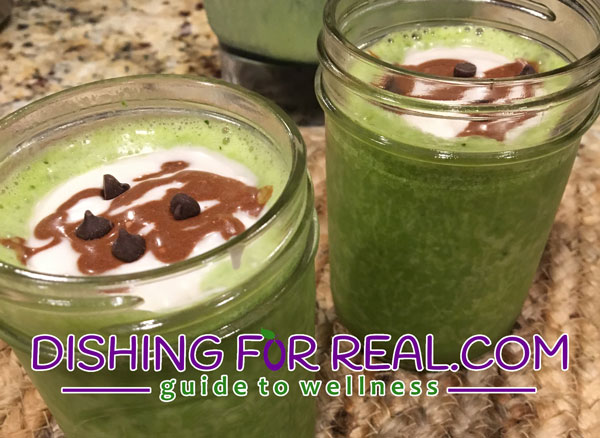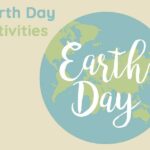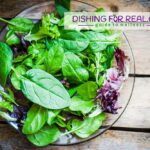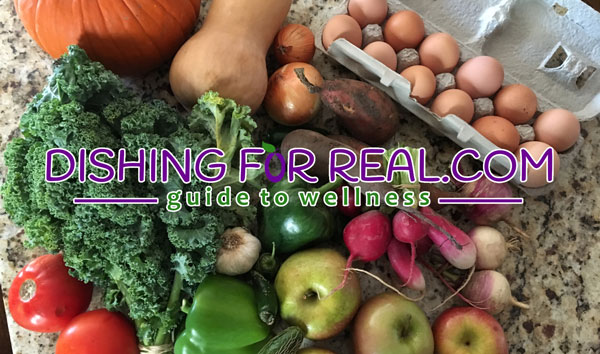
The Environmental Working Group has recently come out with the 2017 list of the Dirty Dozen and the Clean 15. Many people are making the switch to organic but there can be several reasons that all organic may not be possible. As a health coach, I commonly hear that buying all organic is too expensive or that some organic options are not available in certain communities. Hopefully, as demand continues, both of those problems will be resolved. Until then, many people rely on the EWG and their guides to help with purchasing decisions.
What is the Environmental Working Group?
It is a non-profit organization that is focused on the human health and the environment. If you haven’t been to www.ewg.org, you need to check it out. The website is a great resource to use if you are concerned about what you are putting in your body and using in your environment. They provide research findings and ratings not only for food but for consumer goods like beauty products and cleaning products. Don’t buy anything without making a stop there first. They also share valuable information about farming, water, energy, and a special focus on the health of our children.
The mission of the Environmental Working Group-
“The Environmental Working Group’s mission is to empower people to live healthier lives in a healthier environment. With breakthrough research and education, we drive consumer choice and civic action.”
Every year the EWG comes out with a list of the Dirty Dozen and Clean 15 that rates pesticide residue in produce. These are excellent guides if you are trying to buy organic but may not be able to buy all organic for a variety of reasons.
To create these lists, EWG reviewed testing done by the USDA for 48 foods and made recommendations based on the residue that remained after washing and in some cases, when peeled.
The Dirty Dozen is a list with the highest pesticide residue and it is recommended to buy organic if possible.
The Dirty Dozen 2017
- Strawberries
- Spinach
- Nectarines
- Apples
- Peaches
- Pears
- Cherries
- Grapes
- Celery
- Tomatoes
- Sweet Bell Peppers
- Potatoes
The Clean 15
This is the list of produce that have the least amount of residue according to the EWG. If you buy conventional produce, these are the safest ones as it relates to pesticides.
- Sweet Corn
- Avocados
- Pineapples
- Cabbage
- Onions
- Sweet peas
- Papayas
- Asparagus
- Mangos
- Eggplant
- Honeydew
- Kiwi
- Cantaloupe
- Cauliflower
- Grapefruit
*Please note that low pesticide residue does not mean GMO Free. If you want to avoid GMOs, the best option is to buy organic.
According to the World Health Organization, “pesticide residue may induce adverse health effects including cancer, effects on reproduction, immune or nervous systems.” http://www.who.int/features/qa/87/en/
If you can buy all organic, that is great! If not, don’t forget to use these guides for your next grocery shopping trip to reduce your pesticide residue.
Get a print out here. https://www.ewg.org/foodnews/
Have you used these lists in the past? What surprises you on it?

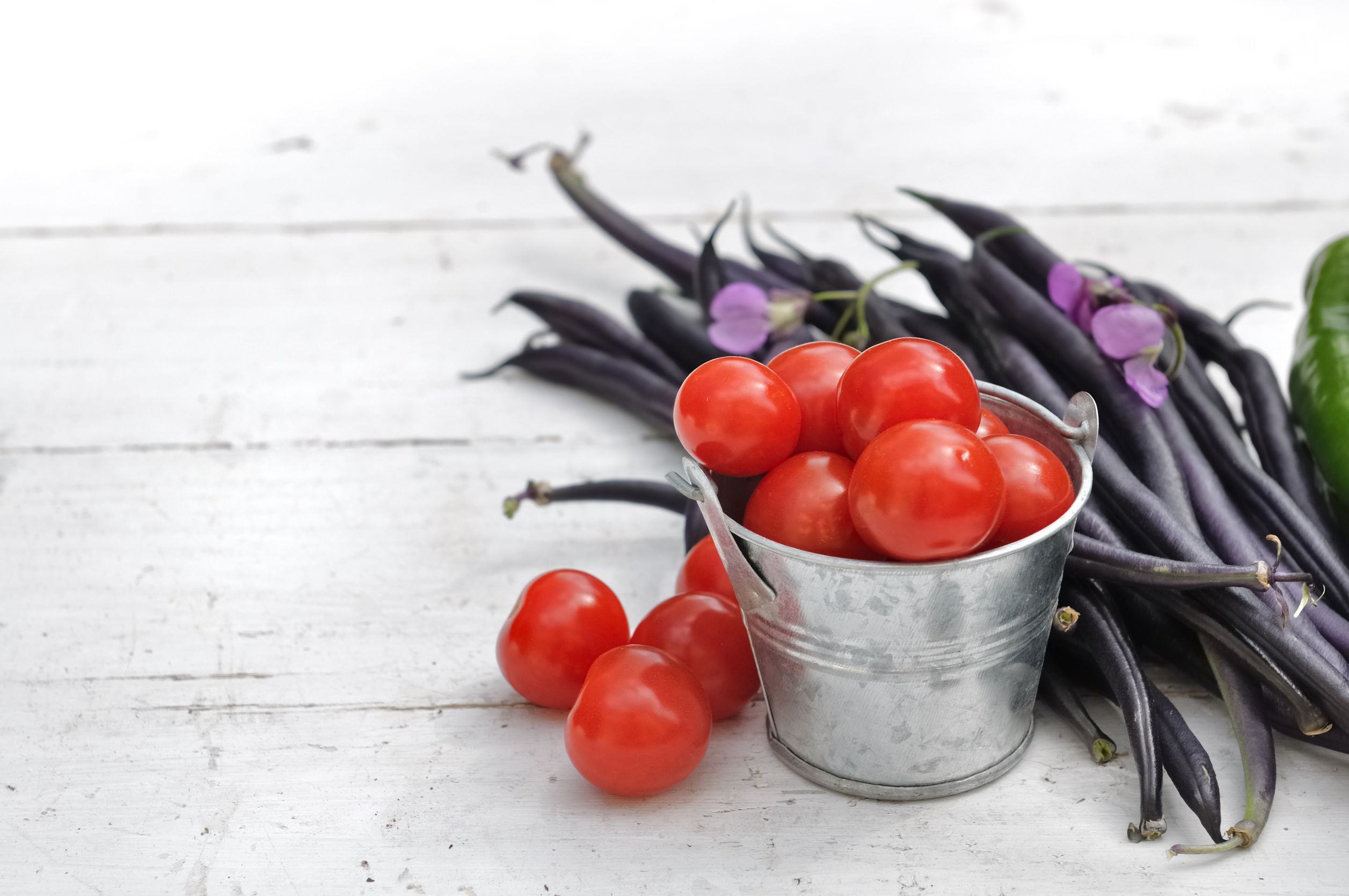
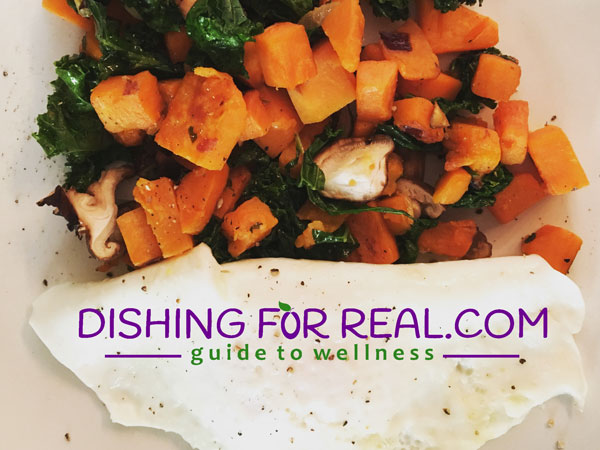 Sweet Potato Hash Recipe
Sweet Potato Hash Recipe